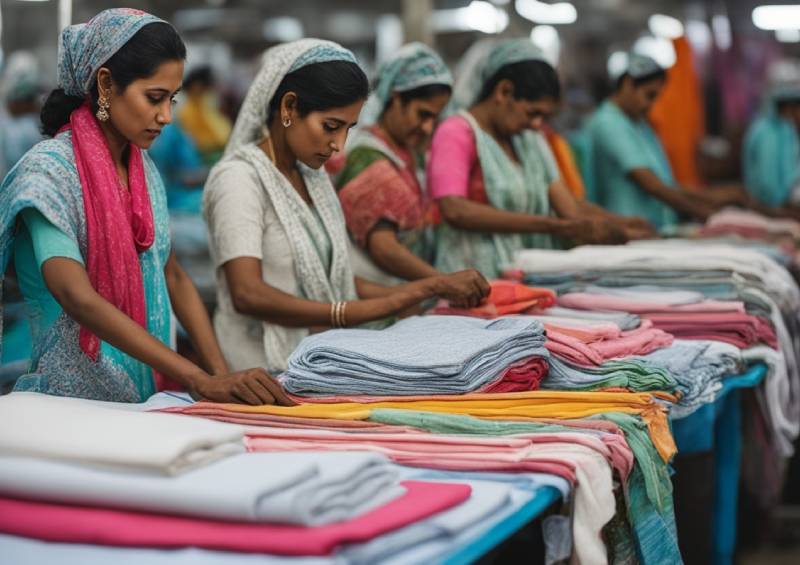
Levi Strauss & Co. (Levi's) is experiencing a positive shift in its business strategy, with a strong focus on direct-to-consumer (DTC) sales leading to a 7 per cent increase in after-hours trading and an 11 per cent rise in pre-market trading on Thursday. This success is attributed to a significant rise in DTC sales across all segments, with nearly half (48 per cent) now coming directly through Levi's online marketplace and brick-and-mortar stores.
Shifting Gears: DTC over wholesale
CEO Michelle Gass emphasizes the importance of leveraging the DTC channel, potentially moving away from a heavy reliance on traditional wholesale partners like Macy's and Kohl's. This strategic move allows Levi's to build a stronger brand connection with consumers and potentially capture a larger share of the profits.
Growing demand for baggy denim
DTC sales data also reveals a clear trend towards baggie styles. Women are increasingly purchasing denim skirts, jumpsuits, low-rise and bootcut jeans, indicating a move away from skinny jeans. Men are following suit with a rise in loose-fitting jeans. Interestingly, Gass remained coy about a potential sales boost linked to Beyonce's recent song ‘Levii's Jeans’. However, the trend does indicate a broader move towards comfort and relaxed silhouettes in fashion.
Meanwhile, Levi's surpassed Wall Street's expectations with revenue of $1.56 billion, exceeding analyst forecasts. However, the company reported a loss of $10.6 million in the first quarter, partly due to the discontinuation of the Denizen brand and workforce reductions. Despite a first-quarter loss due to brand divestment and workforce reduction, Levi's anticipates full-year profits to rise, adjusting its EPS outlook to $1.17-$1.27 (up from $1.15-$1.25).
Global expansion plans
Despite the workforce reduction, Levi's continues to invest in its global presence. Plans include opening new stores in Asia and a flagship store in Paris ahead of the 2024 Summer Olympics. This expansion reflects confidence in the brand's international appeal alongside its booming DTC channels.
While Levi's is experiencing positive momentum, some challenges remain. One major issue is inflation waning consumer spending due to inflation could dampen sales growth. Also, fast fashion brands and other denim players pose a constant threat. However, the company's strong brand heritage, focus on DTC growth, and adaptation to changing consumer preferences position Levi's for continued success.
Key Takeaways
• Levi's is experiencing strong growth in D2C sales, with almost half coming from their own channels.
• Consumer preferences are shifting towards baggier denim styles.
• The company incurred a loss in Q1 2024 due to brand exit and workforce reduction.
• Despite inflation concerns, Levi's maintains a positive profit outlook for the year.
• Global expansion plans include new stores in Asia and a flagship store in Paris.











